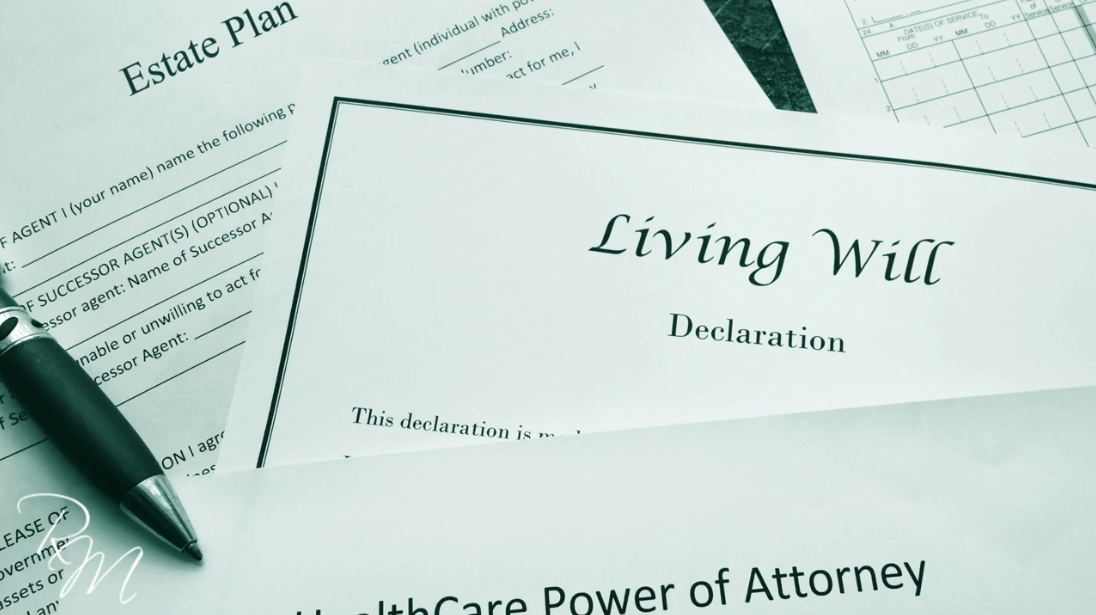Category: Estate Planning
What Are The Different Types Of Trusts?
Are you looking to set up a trust but aren't sure which one to go with? You've come to the right place, as our attorneys can help you better understand what a belief is and which one best suits your
Is There A Right Age To Begin Estate Planning?
Writing your estate planning is a rigorous task that requires focus and the right set of documents. Aside from having the right content in front of you, at what age should you start thinking about your estate
Mistakes To Avoid When Writing Up A Trust
Leaving a trust unfunded is one of the biggest mistakes you can make if you have a genuine, revocable living trust. Keeping reading below to discover how you can avoid this one big mistake almost every person makes when writing up a trust. If you're unsure of how to fund your current trust, we can
More Mistakes to Avoid When Planning Your Estate
Estate planning can seem like a big job, with lots of documents and moving parts. But it is so important to have one put together! We have a few blogs on our website about the most common estate planning mistakes, but here are a few
Top Mistakes of Estate Planning
There are many mistakes that can be made when planning an estate, but the biggest mistake is not having a plan!
Trust-Based Estate Planning
In one of our last videos, we talked about the difference between a will-based plan and a trust-based plan as part of estate planning. In this video, we wanted to go into a little bit more detail about trusts and how they can help protect your
Common Mistakes of Estate Planning
Estate planning is an important part of everyone's life. Not everyone thinks that they need an estate plan, or they try to create their plan alone and miss a lot of important details. That is why having a professional estate planning attorney help you create your plan is
Guardianship and Probate Attorney in Cleveland, Ohio
A common question when it comes to estate planning is what is the difference between guardianship and death probate, and how can we prepare for
Estate Planning in Cleveland, Ohio
When it comes to estate planning, wills and trusts can seem confusing. At Richard A. Myers Jr. and Associates, we can help make it simple and put you on the right path for the best estate plan for
The Top 10 Estate Planning Mistakes
Not getting around to it. Not putting your plan in writing is always a bad idea. Believing the myth that estate planning is only for the wealthy: This is a fallacy. Estate planning is important for everyone who is concerned about where their assets will end up during disability and upon their demise. Often, when taking the value of a home into account, people are surprised to find that their “estates” are larger than they thought. Leaving the Living Trust Unfunded: A living trust is merely a vehicle that allows you to pass your assets outside of probate. However, if there are no assets in the trust, nothing has been accomplished. There is no point in drafting a living trust if the assets are not re-titled into the name of the trust. Leaving Assets as Joint-Tenancy: Titling assets as joint-tenancy with-right-of-survivorship (JT/WROS) does avoid probate because the assets pass automatically upon the first death, however, they are exposed to the lifetime creditors of the co-owner. Leaving Assets Outright to Beneficiaries: Assets that are left outright to heirs and beneficiaries are exposed to creditors, predators and divorcing spouses. It is much better to leave assets in trust for their benefit. Assets left in trust have potential asset protection. The beneficiaries still have access to the funds but creditors, lawsuits and divorcing spouses normally cannot touch the assets inside the trust. Little or no Mental Disability Planning: If no or inadequate planning ha

 View Cart []
View Cart []











